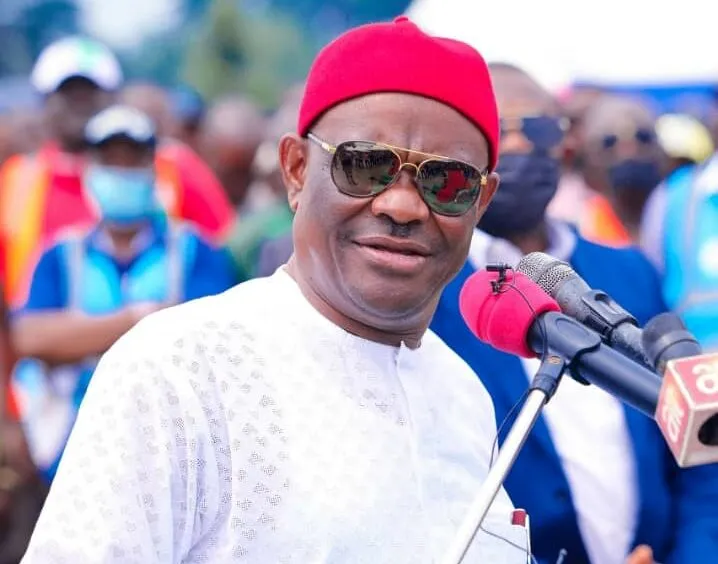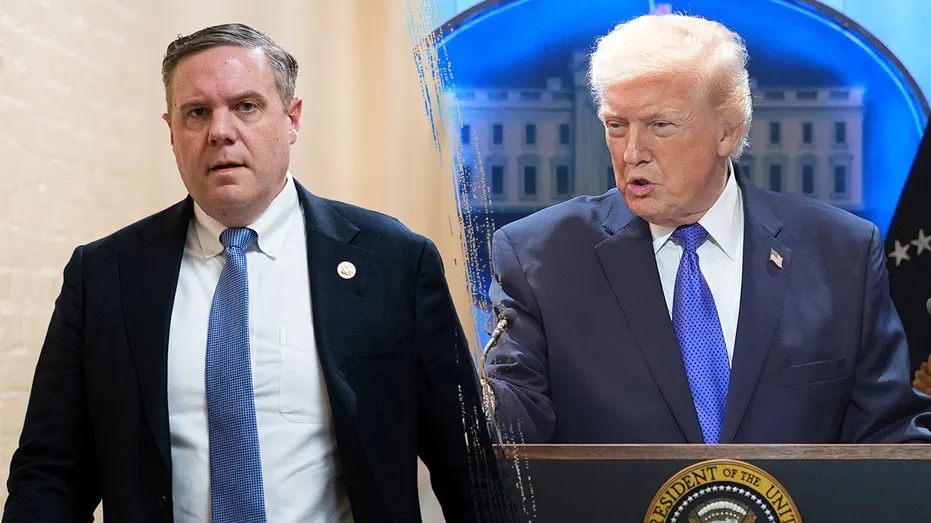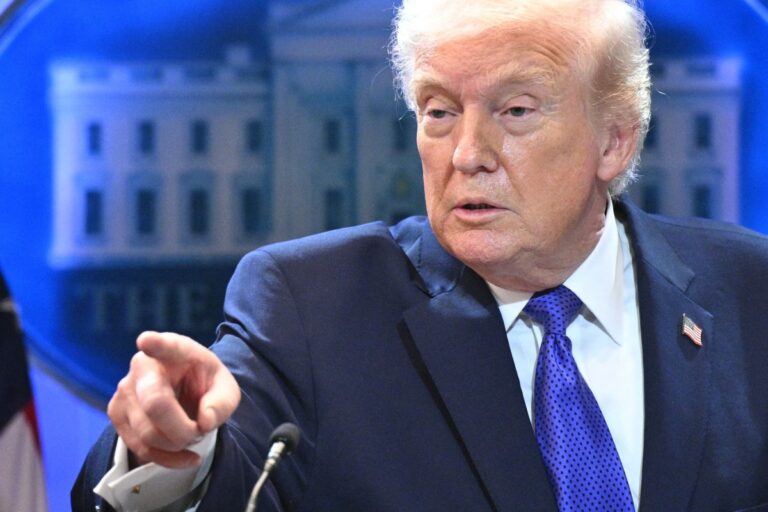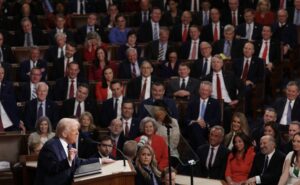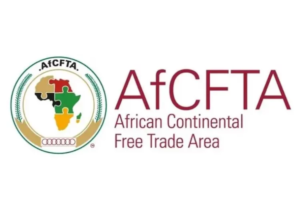The European Union is considering reinstating its pre-war trade agreement with Ukraine on a temporary basis if a renegotiated deal is not finalized before emergency tariff suspensions expire on June 5, according to EU diplomats.
To avoid a disruption in trade, the European Commission has proposed a seven-month transition period that would extend the current duty-free arrangement while talks continue on an updated trade framework.
Since June 2022, the EU has waived duties and quotas on Ukrainian agricultural exports to help support Kyiv’s economy following Russia’s invasion, which disrupted traditional export routes via the Black Sea. These measures—part of the EU’s Autonomous Trade Measures (ATMs)—are now set to lapse.
While Ukraine has urged the EU to extend the tariff-free access, the European Commission has signaled it does not intend to prolong the ATMs. “The Commission is not planning to propose an extension of the ATMs tariff suspension, because we are currently working on the review of the EU-Ukraine Deep and Comprehensive Free Trade Area (DCFTA),” a spokesperson said.
The review of the DCFTA is focused on aligning Ukrainian production standards with those of the EU and will include safeguard mechanisms designed to prevent economic disruptions within member states.
The move comes amid rising tensions with European farmers, who have protested over the influx of Ukrainian agri-food products, blaming them for undercutting domestic prices. In response, the EU has introduced “emergency brakes” on specific imports—such as poultry, sugar, maize, oats, and honey—triggered if shipments surpass average volumes recorded between 2021 and 2023.
Particularly sharp criticism has centered on Ukrainian sugar imports, which EU officials say have contributed to recent market volatility.
Despite these concerns, EU-Ukraine trade remains robust. The EU is Ukraine’s largest trading partner, while Ukraine has become the bloc’s third-largest supplier of agri-food products.
Ukraine’s Finance Ministry confirmed that negotiations with Brussels are ongoing, though it declined to comment on the likelihood of a renewed suspension deal. With the June 5 deadline looming, both sides face mounting pressure to strike a balance between maintaining economic solidarity with Ukraine and addressing the concerns of EU producers.














